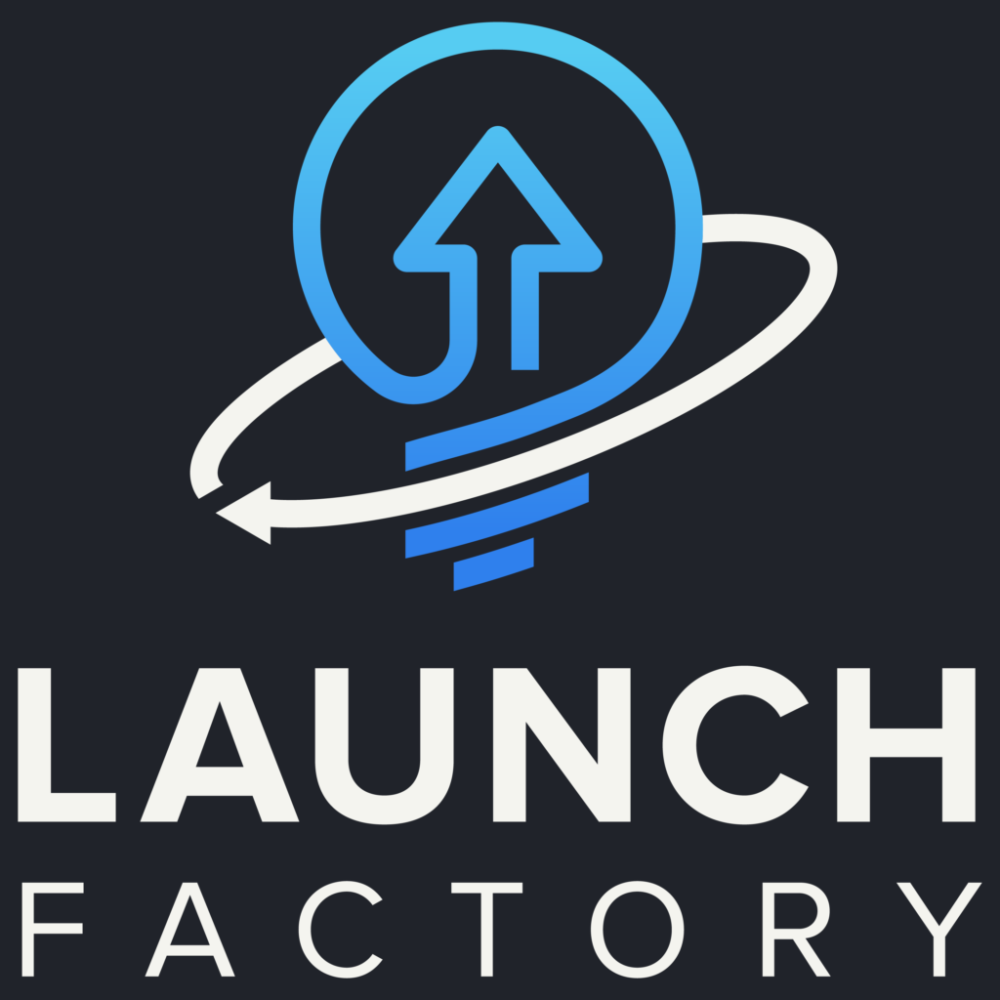By Brittany Meiling
The San Diego Union-Tribune
WWR Article Summary (tl;dr) Launch Factory invests money into startup ideas and then helps the fledgling companies grow. For now, the business ideas are thought up by Ex-Google exec Brad Chisum and his co-founder James Hereford but the companies are led by individuals they recruit through a rigorous application process .
San Diego
Ex-Google executive Brad Chisum, who created a foundry for startups in San Diego last year, is on the hunt for new recruits to lead his latest ventures.
Chisum is looking for four individuals to come in and lead two software startups. The companies will be incubating at Chisum’s studio, Launch Factory, and are both in the earliest stages of development (they’re mainly just concepts at this point).
Chisum is best known locally for selling his last startup to Google for $85 million and then joining the tech giant for a couple of years. But he’s since moved on to create Launch Factory, which is like a hybrid of a business incubator and an investment firm.
Launch Factory sinks $300,000 into startup ideas and then helps the fledgling companies grow. For now, the business ideas are thought up by Chisum and his co-founder James Hereford. Once they land on a concept for a new startup, the duo hunts for outside talent to come in and lead the new company as co-founders and top executives.
This time, Launch Factory will be looking for founders for two different companies: Productize and Simply Independent. The former is meant to be an online platform for would-be entrepreneurs or inexperienced innovators, helping people with ideas to take their product from conception to market using the software’s tools. The other startup, Simply Independent, is software that helps aging seniors live independently longer.
Launch Factory’s application process can be daunting to the uninitiated. Imagine the competitiveness of Shark Tank blended with the refinement of an MBA project. Chisum and Hereford accepted their first round of applications last year for their first startup, OmniSync, which makes software that acts as a “virtual chief operations officer” for small businesses. It was a grueling and ultra-competitive interview process that lasted six weeks.
Candidates were asked to take lengthy personality tests, cognitive performance and logic tests, and even a typing assessment — and that was just the first screening. Then, semi-finalists were asked to complete a series of competitive tasks, from creating marketing plans to mapping out the company’s future finances.
“We wanted to put an emphasis on their work product — what they actually can do instead of the impression you get from them during an interview,” Chisum told the Union-Tribune in August. “We didn’t want to dismiss somebody because their resume wasn’t as attractive as someone else’s.”
The process resulted in a diverse pool of applicants and led to an unexpected hire. Although the original idea for OmniSync was strictly software-related, Chisum and Hereford ended up choosing two young scientists with no experience in tech to lead the startup: Rupak Doshi and Norman Huang.
The duo said the entire interview process was both draining and rewarding, pushing them to their limits.
“The last six weeks we basically operated on like four hours of sleep,” Doshi told the Union-Tribune at the time.
So far, the careful hiring process appears to be paying off for Launch Factory. In a matter of months, Doshi and Huang modified the business plan for OmniSync, creating a specialization in life science startups. The company has built an early version of its software and lined up 27 potential customers to test it out next month.
The OmniSync opportunity brought in 80 applicants. Chisum said this time he expects about 200 registrants between the two new companies.
Interested candidates can apply in pairs (research suggests co-founders are more effective than solo founders, Chisum said). If an interested candidate does not have a co-founder to apply with, Launch Factory will help them find a suitable partner during the application process.
The founders who ultimately get chosen to lead a startup will get equity in the company (divided equally between Launch Factory and the co-founders) and are allowed to take a modest salary (up to $50,000) until the startup gets more funding.
For more information on applying, visit Launch Factory’s website. The deadline to apply is February 21.
___
Distributed by Tribune Content Agency, LLC.














































































































































































































































































































































































